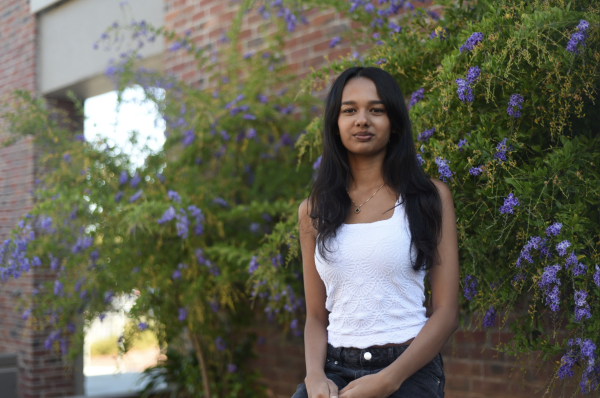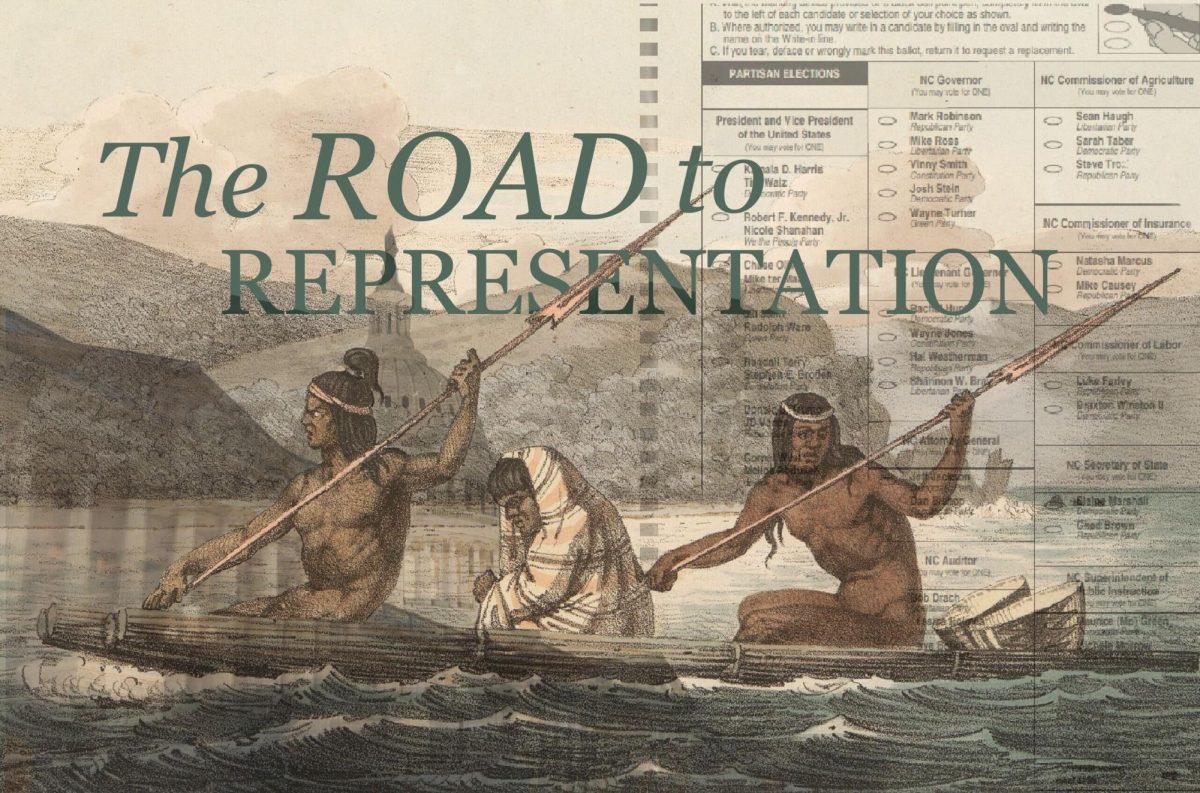RD: Hi, I’m Radhika.
MD: And I’m Meghna.
R & MD: And today, we’ll be discussing how the Monta Vista community has become inherently negative…
RD: …Without most of us realizing it.
MD: From what I’ve noticed, I feel like most people don’t realize the severity of being overly negative and how that has a striking effect on their day-to-day lives. Negativity has been so deeply integrated into our everyday conversations that we no longer realize that it’s harmful.
RD: I totally agree with you. From what I’ve noticed that at MV, there’s so much negativity around us that it’s almost overwhelming, and people feel like it’s the ONLY way that they can relate to others.
MD: Hm I get what you’re saying but can you elaborate more?
RD: Well, I feel like I’ve noticed a lot of students at MV engage in conversation with their peers that always start off negative. Like for example, when I talk to my classmates in the morning, we usually start off with something like, “Oh my god, today is such a bad day; I hate everything,” or “I’m so tired, I slept for like 12 minutes last night, everything sucks!”
MD: Yeah, and in my experience, I’ve seen so much negativity around me recently, and this lack of gratitude and positivity doesn’t help matters. People constantly project these negative thoughts onto others in their daily conversations, and it’s honestly baffling to me that negativity has become the majority of what people talk about.
RD: Yeah, and as a result, negativity gets more of a reaction from people. For example, if I came up to you and talked about how great my day was, like yeah, that’s great, but no one can really relate because most people feel overwhelmed and overworked. So, people kind of neglect positivity. They look right past it, which can be really exhausting to deal with constantly.
MD: I agree, and it’s kind of weird, since positivity is so rare these days, that it’s almost strange when people express positivity, whether that be about their day, how much sleep they got, a test, or whatever.
RD: Great point, and when someone expresses even a little positivity, it’s so weird to me because I just rarely see it in my daily interactions. Seeing someone be happy or/grateful is like finding a needle in a haystack. When people are having a bad day, it’s almost like they’re in a competition to see whose day is worse, and they project their negativity onto those around them.
MD: I think that really stems from the fact that the one thing that everyone can relate to regardless of their interests is being tired or sad or overworked, especially given the culture here at MV.
RD: Yeah, because: what is bad is more focused on and prevalent and is therefore something that everyone can relate about.
MD: I think it can also come from the lack of gratitude in people’s lives. We constantly compare ourselves to our classmates, which is largely due to the overly competitive environment at MV. As a result, it leads us to become less appreciative of our own accomplishments.
RD: And because of this increase in negativity, every single time we don’t do something perfect or up to our own standards, we tend to dramatize and over exaggerate how bad the situation is. With social media too, people compare themselves to unrealistic and unattainable standards, which contributes to this growing negativity that we observe in our daily lives.
MD: Yeah, and social media definitely impacts mental health. In fact, I saw a research study by Yale Medicine showing how teens ages 12-15 who use social media for more than three hours a day are more prone to serious mental health issues like anxiety and depression. Plus, seeing a lot of negative news can create a more negative perception of things in people.
RD: I definitely agree with you. The minimal gratitude, plus wanting more, can definitely foster feelings of inadequacy.
MD: It’s like a positive feedback loop, but with negativity.
RD: Good one! And because of this, our community becomes more and more inherently negative, so in situations where people are actually seeking help, constant negativity overshadows those real issues.
MD: It’s almost like we can’t tell the difference between a cry for help versus a cry for attention. Negativity downplays more severe situations, and it’s becoming increasingly more difficult for us to tackle and face those issues due to the surplus of pessimism in our daily lives.
RD: Great point.
MD: An experience I had with this was in math last year, when someone was crying over their 89.5 on the test, but my friend was sitting next to me feeling down because she got a much lower score. And with people loudly overstressing their “mini-failures,” it takes away the capacity for someone who’s genuinely in need of help to vocalize their feelings and ask for help. The fact that their feelings are being undermined and generalized can lead to further deterioration of people’s mental health, making the environment at MV all the more toxic.
RD: I’ve seen that too. And obviously, you’re allowed to feel upset over not meeting your standards in a class, but I feel like it’s all about mindfulness. If you’re truly upset about something not meeting your expectations, that’s perfectly okay, but if you’re only upset about it to seek empathy, you have to be mindful and sensitive of other people’s situations.
MD: And even though you should always be mindful of what you’re saying, you shouldn’t believe that your problems aren’t as bad as other people’s. Every issue is valid — but we need to recognize WHEN we are expressing an issue to an extreme length and over exaggerating about our imperfections.
RD: And I personally have witnessed this in myself. In fact, I think we all have. For example, yesterday I was complaining about my lack of sleep and my “terrible day,” but in reality, my day was mediocre and I got an adequate amount of sleep. I took a step back and thought: was I just complaining to sympathize with others who didn’t get enough sleep or had a bad day? Or was I genuinely upset about it? And that shift of perspective made me realize that I should be grateful for the little things, whether it be about sleep or school, and not pretend to worsen the situation for the sole purpose of relating to others.
MD: Yeah, and now that I realize it, I will try to limit my projection of negativity onto others as much as I can.
RD: But anyways, instead of dwelling on the negatives, let’s focus on how we can embrace positivity in the future.
MD: Definitely! Something that I’ve recently been trying to implement in my daily routine is journaling. I find it extremely helpful to write out everything that I’m thinking about because it forces me to reflect upon my own experiences.
RD: Exactly, and dumping negativity out on paper can really limit the projection of negativity on others around you, mitigating the rising popularity of negativity in our community.
MD: Yeah, I agree completely, and it’s important that we integrate more gratitude into our lives to restrict the amount of bleakness we project onto others.
RD: In the end it’s important to remember: we are fortunate. We are so lucky: we get to come to school and we get to stress about grades. We live lives where those might seem like the most important things sometimes, but recognizing our privilege and practicing gratitude are the first steps to creating a more positive environment.
RD: So take it from Radhika…
MD: …And Meghna!
M & RD: Don’t be a negative nancy!










